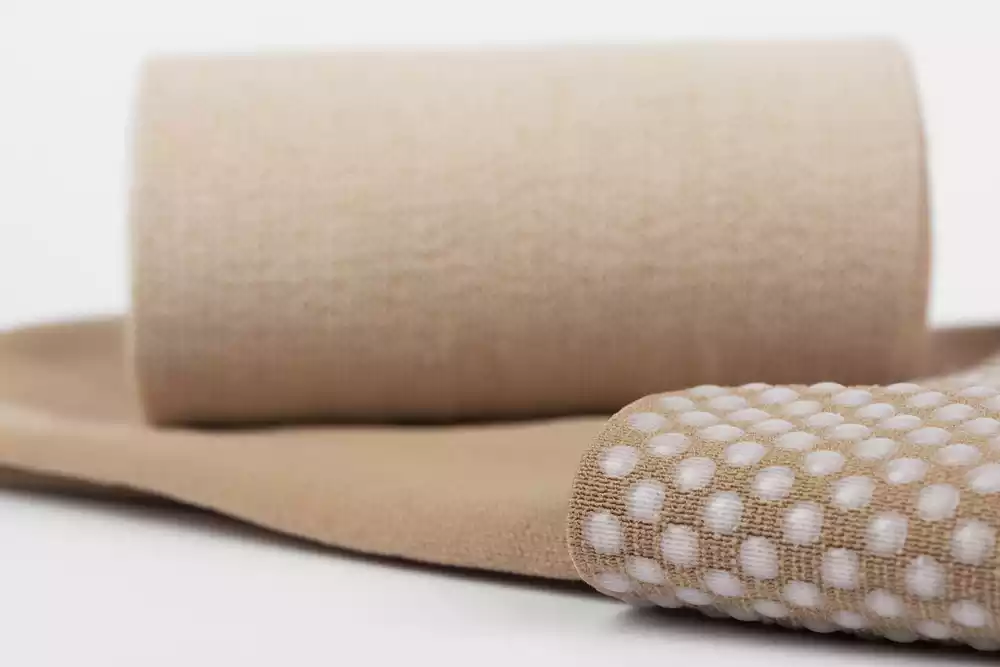
The air filter in your AC might damage the internal components if there is dust buildup inside. As it works hard to maintain the room temperature, overheating can even leave your AC inoperable.
When the summer arrives at your door with an unexpectedly high temperature, you need a fully functional AC. But if you have not taken care of your AC for some time, then the air filter of the AC can be clogged. It may lead to the failure of the AC when you need it the most.
The air filter in your home AC removes pollen, dust particles and other airborne things and keeps your home air clean. If the filter gets clogged up with dirt and other fine particles, the AC might not function properly. Cleaning and maintaining the AC is necessary, but before that, you need to know how clogged air can cause an AC to malfunction.
The Importance of Air Filters in an AC
AC filters are designed to catch fine particles like dust, pollen and other air particles to keep the indoor air clean. It ensures that you get clean air inside the room, which helps to maintain a cool temperature in your room.
If you don’t know the importance of an AC filter, you might overlook its importance. But it is the component in your AC that ensures you get clean air inside the house. Even if you live in an environment with considerable dust particles in the air, the AC filter works to keep the air clean.
What Happens When Filters Get Clogged?
However, if you live in a polluted environment, the functionality of your AC filter might get reduced. It might not function as expected. So the AC works up more than it is supposed to, which results in overheating of its internal components.
The AC motor and compressor work extra hard to maintain the room temperature, which may result in the sudden failure of the AC. In such cases, you have no other option than calling for an emergency AC repair service.
Additionally, you will have to pay more for energy consumption by the AC. Because the internal components of the AC work beyond their capacity, which causes more energy consumption.
There is also the risk of allergens in your room due to a clogged AC air filter.
So, how do you identify a clogged AC air filter? Let’s find out.
Common Signs of a Clogged Air Filter
If you notice the following symptoms, you know that your AC filter is filled with dust and other fine particles.
Weak Airflow from Vent: This might be one of the first signs of a clogged air filter in your AC. You might notice that the room is not getting enough airflow as it used to. The AC air filter might be clogged with dust.
Uneven Cooling in the Room: Due to decreased airflow, the room will not receive enough cold air to keep its temperature down. When you feel that the room is not cold enough, even after setting the AC temperature to 17°C, then you know there might be an issue with the air filter.
Increase in Energy Bill: If you notice that even after using the same number of electrical appliances in your room, your energy bill has increased over the years, check the AC air filter. When the filter is clogged with dust, natural airflow is obstructed, and the room temperature does not decrease. So, the internal components work with an extra load, consuming more energy. Naturally, your energy bill increases.
Strange Smell in Your Room: As soon as you turn on the AC, you smell a foul smell coming from the AC. This can be a sign of a clogged air filter in your AC. As the filter gets clogged with dirt and water, so, bacteria start to build up in the filter. So, you get strange odour from the AC.
A quick air conditioning repair can solve the issue; otherwise, it is difficult to use such an AC.
Long-Term Damage Caused by Ignoring Filter Maintenance
If you do not maintain your AC properly, it can cause significant damage to the AC.
Compressor burnout
The compressor can be burned out if it overworks for long hours. It will cost you a good amount of money to replace it.
Reduced lifespan of the AC unit
If the AC unit works for long hours under a heavy workload, it will not last as long as you would expect it to last.
Mould growth in ductwork
You might not see it from the outside, but mould grows inside the area with built-up dust. Mould in the room air will cause you to have allergic reactions and other issues.
How Often Should You Replace or Clean Filters?
The filter quality and filter type determine how frequently you would have to replace it.
| Filter Type | Change Frequency |
| Fibreglass (disposable) | Every 30 days |
| Pleated (high-efficiency) | Every 60–90 days |
| Washable (permanent) | Clean monthly |
| HEPA filters | Every 6–12 months |
Table 1: Change Frequency of AC Filters
Preventive Maintenance Tips
To prevent a sudden AC failure, you may utilize the following tips:
- Check your home AC with professionals twice a year for better performance
- Check the filters at least once a year
- Upgrade your filter quality to improve your performance
If your AC suddenly starts malfunctioning even after being maintained properly, call for an emergency AC repair service in your area.
Maintain the AC Filter Periodically, Get the Best Performance
To get the best performance from your AC and to keep your AC filter free of dust, check it periodically. It will help maintain the AC functionality and reduce the chance of dust buildup. Moreover, a clean and clear AC filter will reduce your energy bill.



